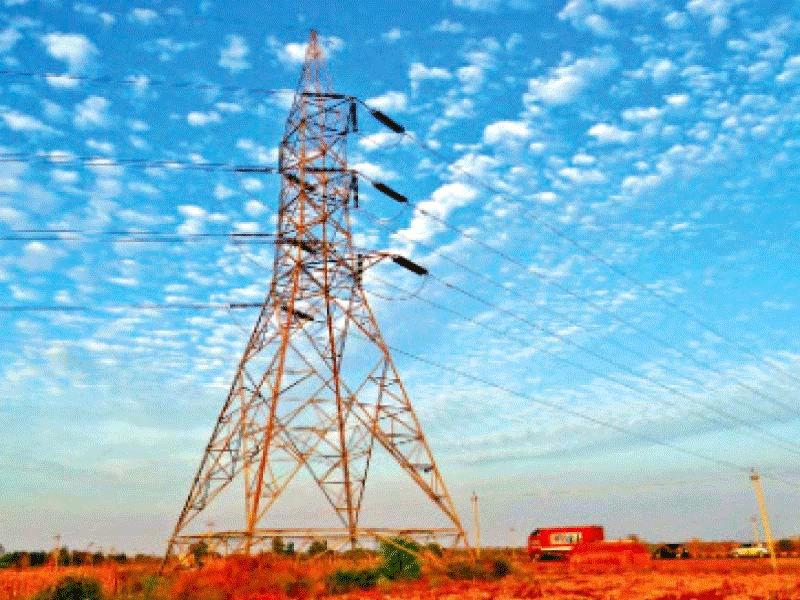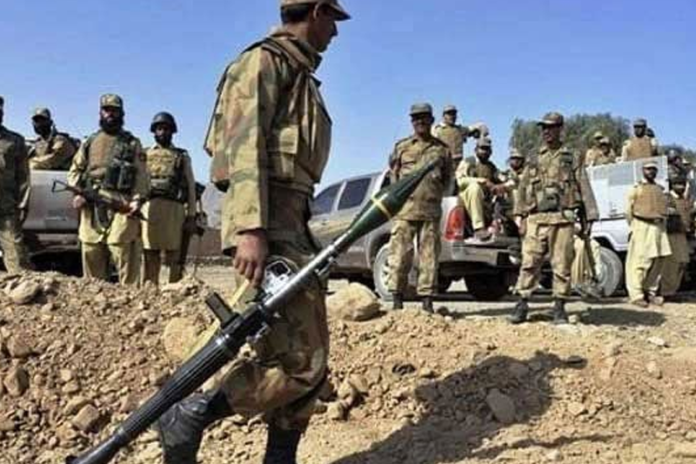Karachi Residents Up in Arms over Surge in Electricity Prices

- 252
- 0
The prices of electricity in Karachi have been rising steadily in recent months, putting a strain on the budgets of businesses and households alike. Karachi, the largest city in Pakistan, is facing a surge in electricity prices in August 2023.
The unit rates for K-Electric have been increased by an average of 40%. This has widespread anger among consumers, who are already struggling with the rising cost of living.
The increase in electricity prices is being blamed on the rising cost of fuel and other inputs. The International Monetary Fund (IMF) has advised the government of Pakistan to raise electricity prices in order to reduce the country’s budget deficit.
Impact on Businesses:
The increase in electricity prices is likely to have a significant impact on businesses in Karachi. Businesses are facing higher production costs, which is making it difficult for them to compete.
Businesses that rely on electricity for their operations, such as manufacturing and retail, may be forced to pass on the higher costs to their customers. This could lead to inflation, as businesses try to recoup their losses.
The increase in electricity prices could also lead to job losses in the energy sector. As businesses become more energy-efficient, they may need fewer employees to operate their operations.
This could lead to job losses in the power generation, transmission, and distribution sectors
Impact on Households:
The increase in electricity prices is also likely to have a significant impact on households in Karachi. Households are also feeling the pinch, as they are having to pay more for their electricity bills.
Families that rely on electricity for their basic needs, such as cooking and lighting, may have to cut back on their energy consumption. This could lead to inconvenience and discomfort for households.
The increase in electricity prices could also lead to financial hardship for households. Households that are already struggling to make ends meet may find it difficult to afford the higher electricity bills. This could lead to debt and other financial problems for households.
A mother of four children committed suicide due to high electricity bills as she was unable to meet her ends. Similarly, people are selling their household items to discharge their electricity liablity.
With an aggression and extreme fatigue, widespread protests erupted in Pakistan in recent days over ever-soaring electricity bills. The protests were sparked by a recent increase in power rates, which has left many consumers struggling to afford their bills.
Hundreds of people took to the streets in Karachi on July 15, 2023. The protesters, who included residents, traders, and political activists, gathered outside the K-Electric office in Saddar and chanted slogans against the company
The protests were also held in major cities across Pakistan, including Lahore, and Islamabad. In Karachi, protesters blocked roads and burned tires. In Lahore, protesters clashed with police. Whereas, protesters stormed the National Assembly building in Islamabad.
The protesters demanded an explanation from K-Electric for the sudden rise in bills. They also accused the company of corruption and mismanagement.
The protesters said that the rise in bills was unjustified and that it would put a further strain on the already struggling households
The protesters are demanding that the government roll back the recent increase in power rates. People of nation also demand the resignation of the energy minister.
The protest was led by the Muttahida Qaumi Movement-Pakistan (MQM-P). The protest was also supported by other political parties, including the Pakistan People’s Party (PPP) and the Jamiat Ulema-e-Islam-Fazl (JUI-F).
Meanwhile, Karachi traders have also refused to pay inflated electricity bills. They are more valid to their words about hike in price.
The traders are angry and are threatening to take further action, such as protests and strikes, if the government does not address their concerns.
Without a shadow of a doubt, the recent increase in power rates is unfair and unjustified. The protest in Karachi is a sign of the growing anger among the people of the city against K-Electric. The company has been facing criticism for its high prices and poor service for many years.
The recent rise in bills has only served to further anger the people. It remains to be seen whether the protest will force K-Electric to take action or whether the government will intervene to regulate the electricity sector.
On the contrary, the government has defended the increase in power rates, saying that it is necessary to improve the country’s power sector. The government has said that it is sympathetic to the concerns of the traders, but it has not yet made any commitments to address them.
The citizens are determined to get the government to address their concerns, and they are likely to continue to take action until they are satisfied.
The rising cost of electricity is a major challenge facing Karachi. There are a number of solutions that could be implemented to address this challenge, but it is important to take action soon. The longer the problem is left unaddressed, the more difficult it will be to solve.
Published in The Daily National Courier, August, 31 2023
Like Business on Facebook, follow @DailyNCourier on Twitter to stay informed and join in the conversation.

















































